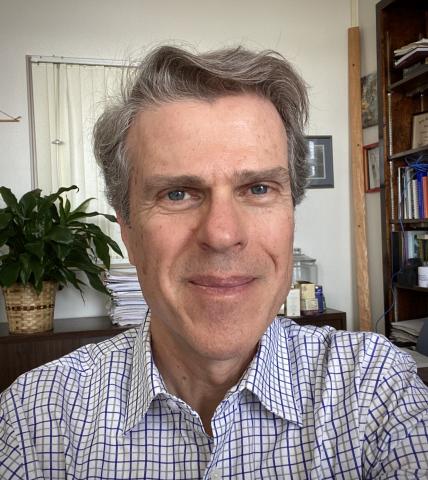“Nosotros” Approach: Community health workers as trust builders and community healers
North American Primary Care Research Group (NAPCRG) – winning presentation 2019 (selected by the NAPCRG programme committee for presentation at SAPC ASM 2020)
Context: Promoting patients’ commitment to engage in self-care is a core goal of primary care, yet often elusive in the context of social deprivation.
Objective: To report on an innovative, practice-integrated, community health worker (CHW) intervention designed to promote trusting relationships and effective self-care in patients with type 2 diabetes.
Study Design: Retrospective cohort study.
Setting: Family medicine practice in a safety-net county health care system in San Antonio, Texas, USA.
Population studied: Predominantly Hispanic, low-income primary care patients with uncontrolled type 2 diabetes, and significant psychosocial risk factors.
Intervention: Clinicians identified eligible patients through a diabetes registry and at point of care. Patients were assigned CHWs, who engaged them in trust-building and relationship-based sense making to understand their social context, collaboratively identify goals, navigate the health care system, and connect them to community resources.
Outcome Measures: Primary outcome was patient progress through three prospectively defined stages of self-care: a) Outreach (patient responds to CHW’s invitation to meet face-to-face); b) Stabilization (patient and CHW build trust and create an alliance to address pressing problems within the patient's life circumstances); and c) Self-Care Generativity (patient commits to self-care. Secondary outcome was repeated measures analysis of glycosylated hemoglobin (A1c).
Results: From a population of 8,647 patients with diabetes, 986 were referred to the Nosotros Approach over 4 years. Of those, 267 (27.1%) remained in Outreach; 399 (40.5%) progressed to Stabilization; while 320 (32.5%) achieved Self-Care Generativity. Repeated measures ANOVA demonstrates an overall decline in A1c, without group differences, through the 4th A1c measurement occasion (mean follow-up 704 days). Beginning at the 5th A1c measurement occasion (mean 860 days), the self-care generativity group achieved greater declines in A1c (p<.05). The relative advantage of the self-care generatively group grew through the 10th measurement occasion (mean follow up 1367 days) when it attained an average A1c of 8.26% vs 9.29% in the engagement group and 9.17% in the stabilization group (p<.003).
Conclusions: Community health workers can sustainably engage vulnerable patients, helping them identify and advance long-term self-management goals in the context of formidable social disadvantage.

